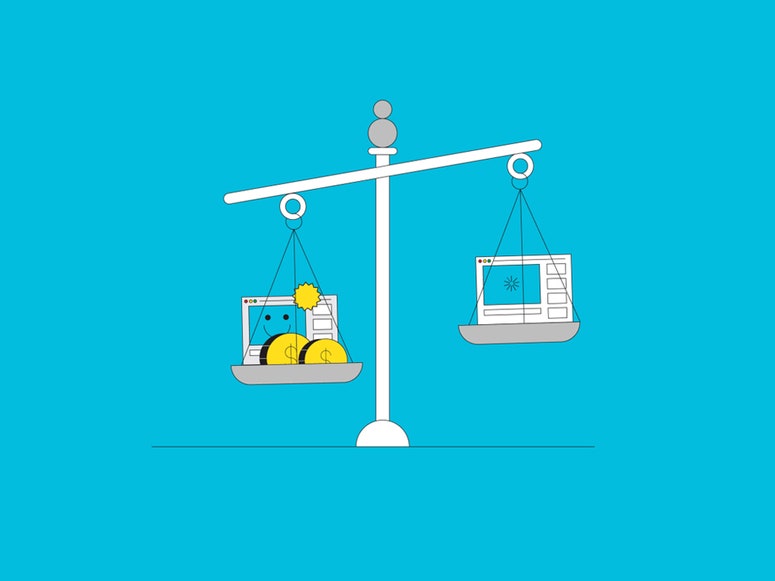The battle over the future of .org domain names is over. For now.
An organization called Icann, short for Internet Corporation for Assigned Names and Numbers, handles the internet’s address book. It’s responsible for making sure you reach our website when you type wired.com into your browser. But Icann outsources the details to other companies and organizations. One of those is Public Interest Registry, which handles .org domain name registrations, along with .ngo and .ong domains.
PIR in turn is owned by the Internet Society, a nonprofit organization founded in 1992 to promote the advancement of the internet. Last November, the Internet Society announced that it would sell PIR to a newly formed for-profit private equity firm called Ethos Capital for $1.1 billion. But the sale required approval by Icann. Thursday evening Icann said it rejected the proposed sale.
The proposal was contentious, to say the least. Countless nonprofits use .org domain names for their websites. Last June, Icann removed a cap on how quickly PIR could increase rates for registering .org domain names; the limit had been 10 percent per year. Many feared that Ethos Capital would price-gouge nonprofits, activists, and others using .org domain names. There was also a general sense that the registry serving so many nonprofits should itself be a mission-driven, not profit-motivated, organization.
Others raised concerns about the nature of the deal itself. In November, The Register reported that Ethos Capital’s domain name, ethoscapital.com, was registered by former Icann CEO Fadi Chehade in May 2019, when it appeared likely that Icann would lift the price cap on .org registrations. Chehade had left Icann in 2016. Nora Abusitta-Ouri, who also left Icann in 2016 according to her profile on Ethos Capital’s website, is listed as the company’s “chief purpose officer.” The names of three Ethos directors were redacted in documents released by Icann, raising additional questions about the ownership and transparency of the company.
The Icann board reviewed hundreds of pages of documentation and responses from PIR, the Internet Society, and Ethos Capital before rejecting the proposal, according to the organization’s announcement. It listed several reasons it blocked the deal, including that the deal would result in “change from the fundamental public interest nature of PIR to an entity that is bound to serve the interests of its corporate stakeholders, and which has no meaningful plan to protect or serve the .org community.”
In statements on the Ethos Capital website keypointsabout.org, both the Internet Society and Ethos Capital said Icann had overstepped its role. “Although the Internet Society respects Icann’s role in supporting the internet’s technical coordination functions, we are disappointed that Icann has acted as a regulatory body it was never meant to be,” the Internet Society’s statement says. “Nevertheless, we respect the review process that Icann undertook.”
The Internet Society said it would not try again to sell PIR. “Now that we know that Icann believes its remit to be much larger than we believe it is, we can state this clearly: neither PIR nor any of its operations are for sale now, and the Internet Society will resist vigorously any suggestion that they ought to be,” Internet Society president and CEO Andrew Sullivan wrote in a blog post Friday.
Among those who questioned the deal was California attorney general Xavier Becerra, who in January sent a letter to Icann seeking more information. Icann is based in California. Becerra’s request, which Icann interpreted as the equivalent of a subpoena, led Icann to delay its decision from February until this week. “Icann’s decision restores some confidence that the nonprofit community may continue to be driven by a desire to serve the public, not to make a quick buck at charitable donors’ and taxpayers’ expense,” Becerra said in a statement.
Activists celebrated the decision. “We commend Icann on hearing the concerns of nearly a thousand organizations and over 50,000 people who demanded it reject the sale,” the Electronic Frontier Foundation tweeted Thursday night. “Your voices protected every .org website, and everyone who depends on them.”
Updated, 5/1/2020, 6:10pm: This story has been updated with details of a blog post by the Internet Society.
More Great WIRED Stories

